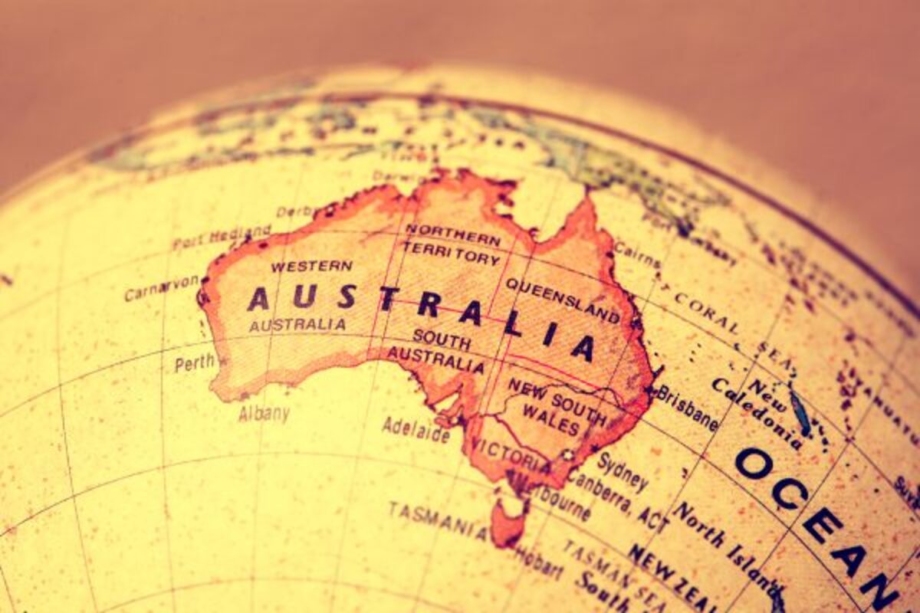Economic Challenges
Economic insecurity is another significant impact of the migration system on migrant and refugee women. Many women face difficulties finding employment due to language barriers, lack of recognition of overseas qualifications and experience, limited work experience in Australia and limited connections. When they do find work, it is often low-paying, precarious, and exploitative. This economic vulnerability can limit their ability to provide for their families and achieve financial independence, perpetuating a cycle of poverty and dependency.
Cultural Adjustment and Integration
Adjusting to a new culture can be a complex and stressful experience for migrant and refugee women. Cultural differences in gender roles, family dynamics, and social norms can create additional pressures and conflicts. Women may struggle to balance traditional expectations with the realities of their new environment. This cultural adjustment process is further complicated when they encounter discrimination, xenophobia, racism, or a lack of cultural sensitivity from the broader community.
Safety and Legal Protection
Migrant and refugee women are particularly vulnerable to exploitation and abuse. The migration system can sometimes fail to provide adequate protection, leaving these women at risk of domestic violence, human trafficking, and other forms of abuse. Fear of deportation or losing their legal status can prevent women from reporting abuse or seeking help. Ensuring their safety requires a robust legal framework that protects their rights and offers accessible support services.
Impact on Mental Health
The stress and uncertainty of the migration process can take a toll on the mental health of migrant and refugee women. Experiences of trauma, displacement, and loss can lead to mental health issues such as depression, anxiety, and post-traumatic stress disorder (PTSD). Limited access to mental health services and cultural stigma around mental health can exacerbate these challenges, leaving many women without the support they need to heal and rebuild their lives.
Importance of Support Systems
To mitigate these impacts, it is crucial to provide comprehensive support systems for migrant and refugee women. This includes language and literacy programs, legal assistance, healthcare access, economic empowerment initiatives, and culturally sensitive mental health services. Community organisations, government agencies, community hubs and advocacy groups play a vital role in offering these resources and creating a supportive environment for migrant and refugee women.
Settlement Service Providers
An essential resource for migrant and refugee women is the list of settlement service providers available on the Home Affairs website. These providers offer a range of services designed to help women integrate into their new communities, understand their rights, and access necessary support. By utilising these resources, migrant and refugee women can better navigate the challenges of the migration system and work towards a stable and fulfilling life in their new country.
For more information and to access the list of settlement service providers, please visit Home Affairs website.


